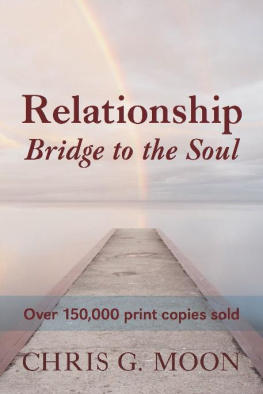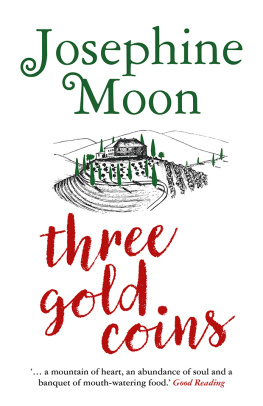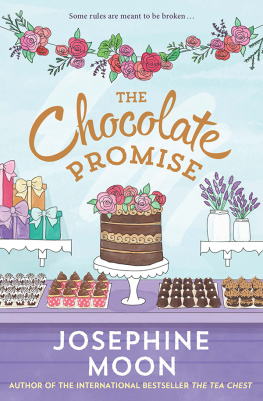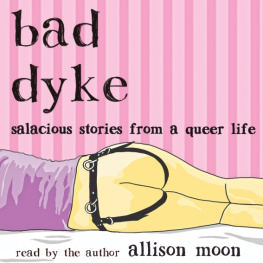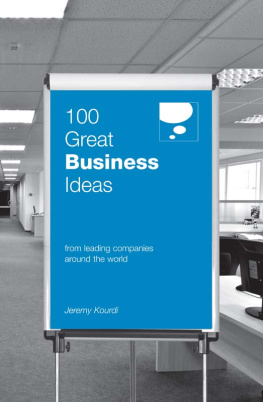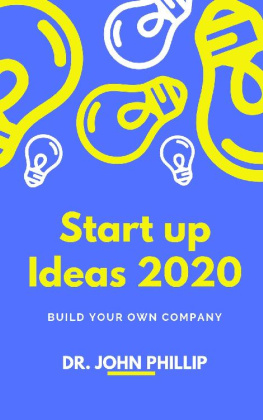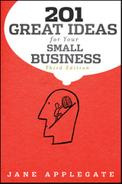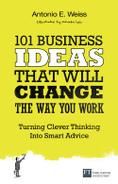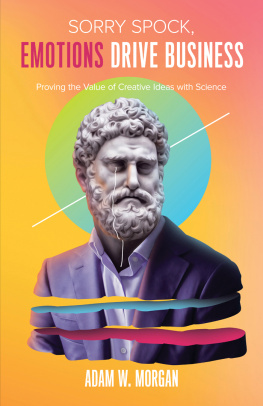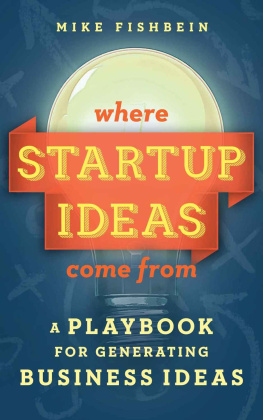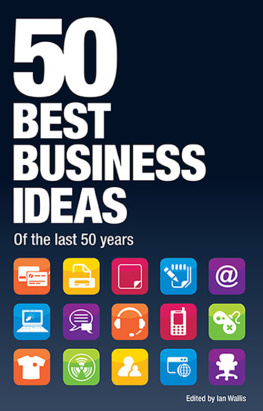Information is not power. Clarity and impact is.
Confusion, its just utter, utter confusion.
The benefits of clarity and impact
I once did a note for a confused CEO. His company had done several months due diligence to see whether to buy a group of companies, yet he was struggling to see whether to do a deal and on what terms. The problem wasnt too little information during the due diligence, hed received lots of weighty reports. And the problem wasnt insufficient executive summaries hed received lots of those too. The problem was: hed received information that was poorly presented, poorly structured and poorly written. It didnt inform.
The CEO asked me to review the information and fixed a time for us to meet. However, it coincided with my sons School Sports Day, so I gave him my apologies and instead sent a three-page note of my thoughts. The thoughts werent technical. They werent new either. Theyd all been seen in previous reports and notes. But they were clear.
And because Id used many of the principles in this book, the note didnt just have clarity, it had impact .
It clarified and galvanised. Within two days, hed called off, then drastically renegotiated the deal and I saw my son win the Hoop and Hat race. Clear information saved the company a lot (millions of pounds) and saved me enough time to go to Sports Day.
It shows that neither one-page notes nor 100-page packs were enough. What was needed was information that had clarity and impact.
Clear work gets results . Your documents and analyses get read; they are more inviting for readers. People understand and absorb your points faster. Youll help them reach better decisions more quickly.
Also, your business proposals are more likely to succeed decision-makers look more favourably on proposals they can quickly understand. Clear information shows clear thinking, and clear thinking impresses.
Why so much information is poor
Every day, so many of us grapple with unclear information. We wade through uninviting documents crammed with impenetrable bullet points, graphs and tables.
It wastes so much time, and also leads to bad decisions. Ive heard that managers post-rationalise their decisions, that they reach them based on intuition and then look selectively at the information to support their hunch. Im not surprised. They have to resort to intuition simply because they cant make head nor tail of the information they get sent.
When were confused, we often dont even admit it. Just as in The Emperors New Clothes , we dont want to seem stupid. We rationalise away our confusion. We blame ourselves: Im no good with numbers. Other times we blame the topic: Its a big complex subject, it takes time to understand.
Or we say: Miggins, this topic that you did a note on, its quite complex can you pop over to my desk and talk me through it? But if information is clear, it stands up on its own. Ive investigated complex frauds yet didnt have to talk through my reports. Many business journals and newspapers write about complex issues, and Ive never had to invite a journalist to my home to talk me through an article.
Also, people dont realise just how much clearer their information could be. Before 1932, the London Tube map was a literal representation of where trains went and everyone thought it was fine. Not Mr Harry Beck, though. He straightened twisting lines, magnified central London and shrunk outer London. His map was launched to public acclaim and highlighted just how average earlier maps had been. It has since become one of the worlds most iconic images.
So it is with much business information until something better comes along, management arent aware they are being short-changed with poor information.
To add to the problem, many people think that showing information is common sense. Got a lot of numbers? Then do a pie chart we learnt about them at primary school. The only difference is we now use computers, not crayons. Got a complex point to make? Its easy just carve the text into brief sections, each preceded with a little black dot known as a bullet point. Computers really do fool us into thinking our documents are well written and our presentations interesting and informative.


